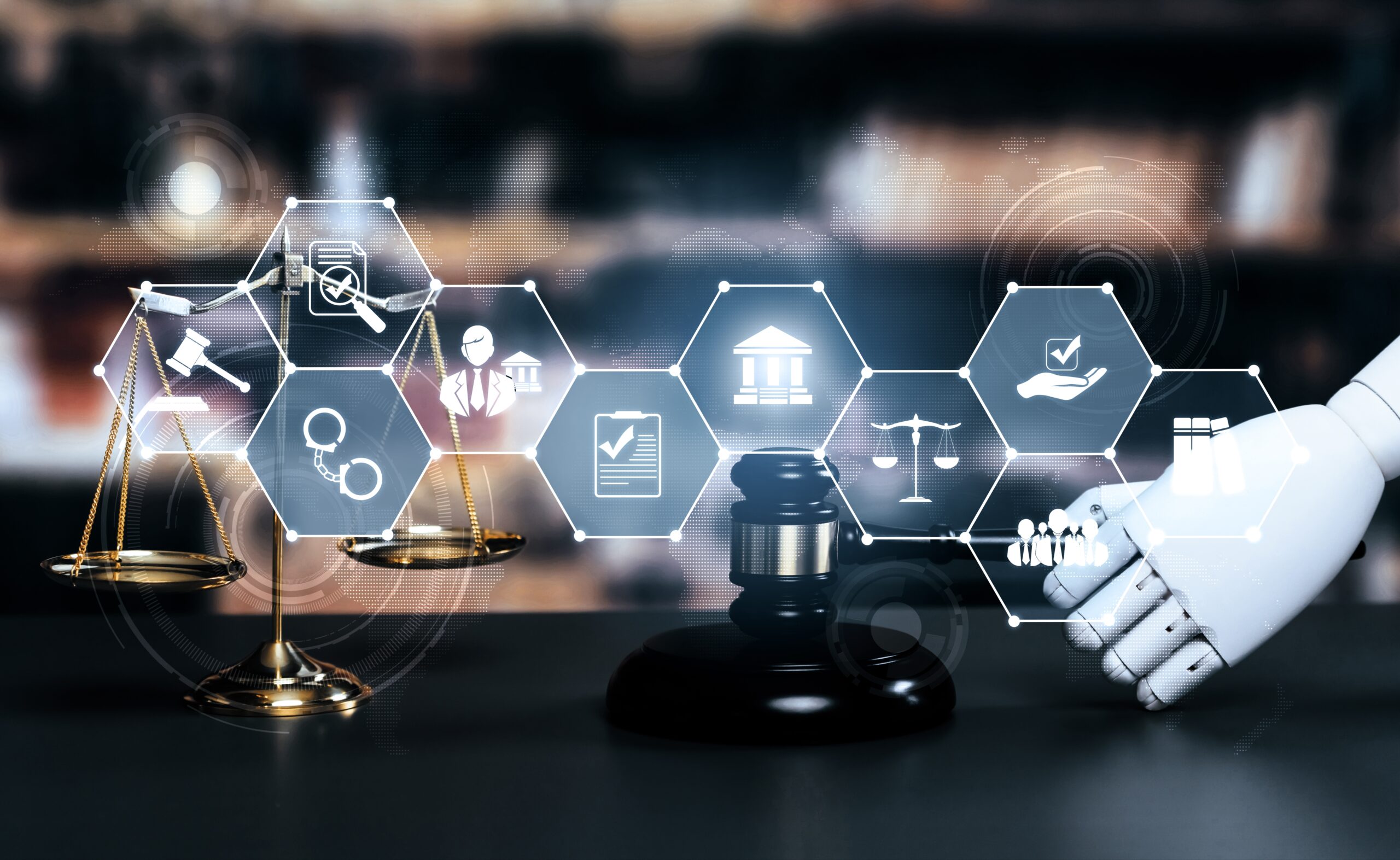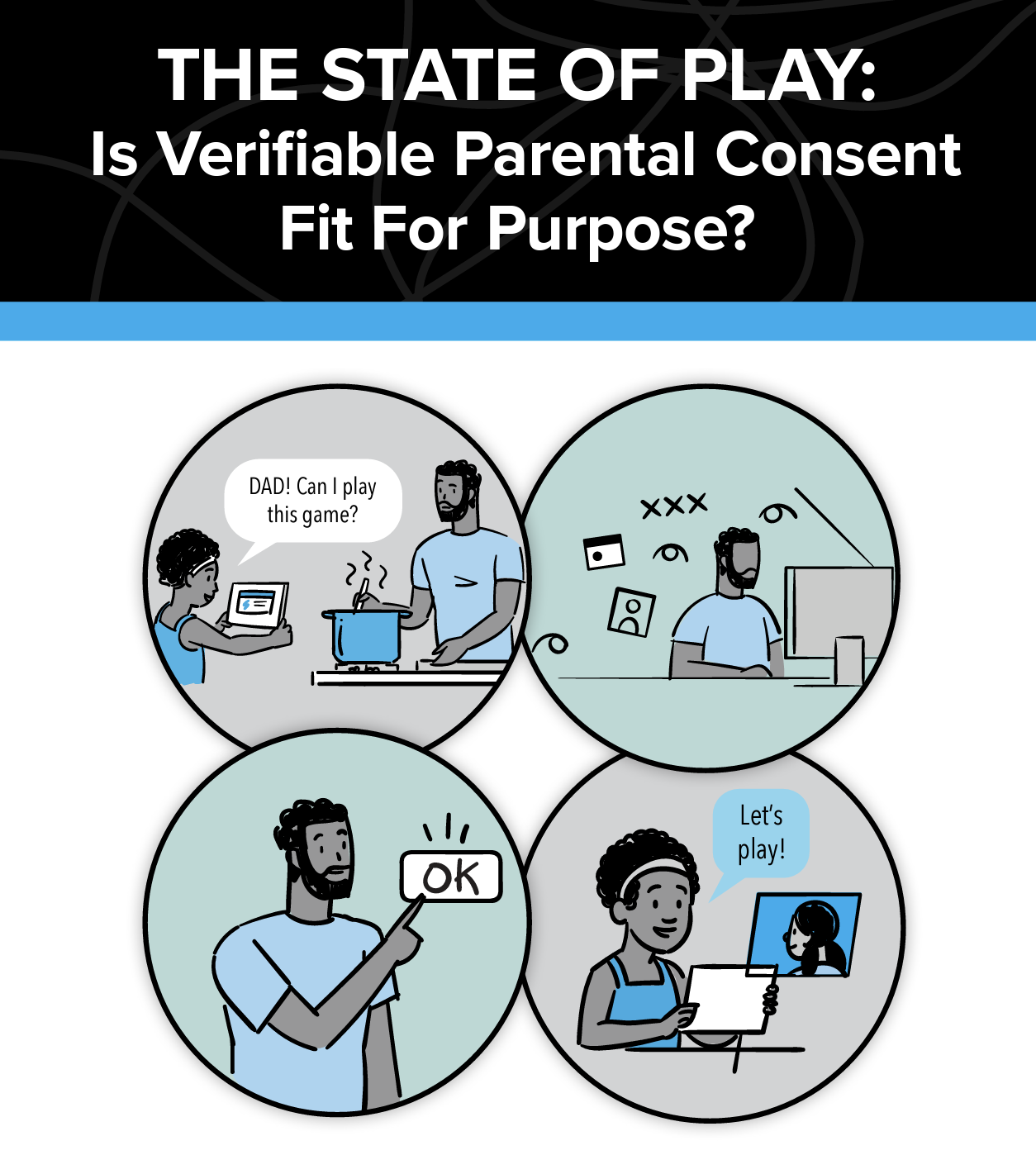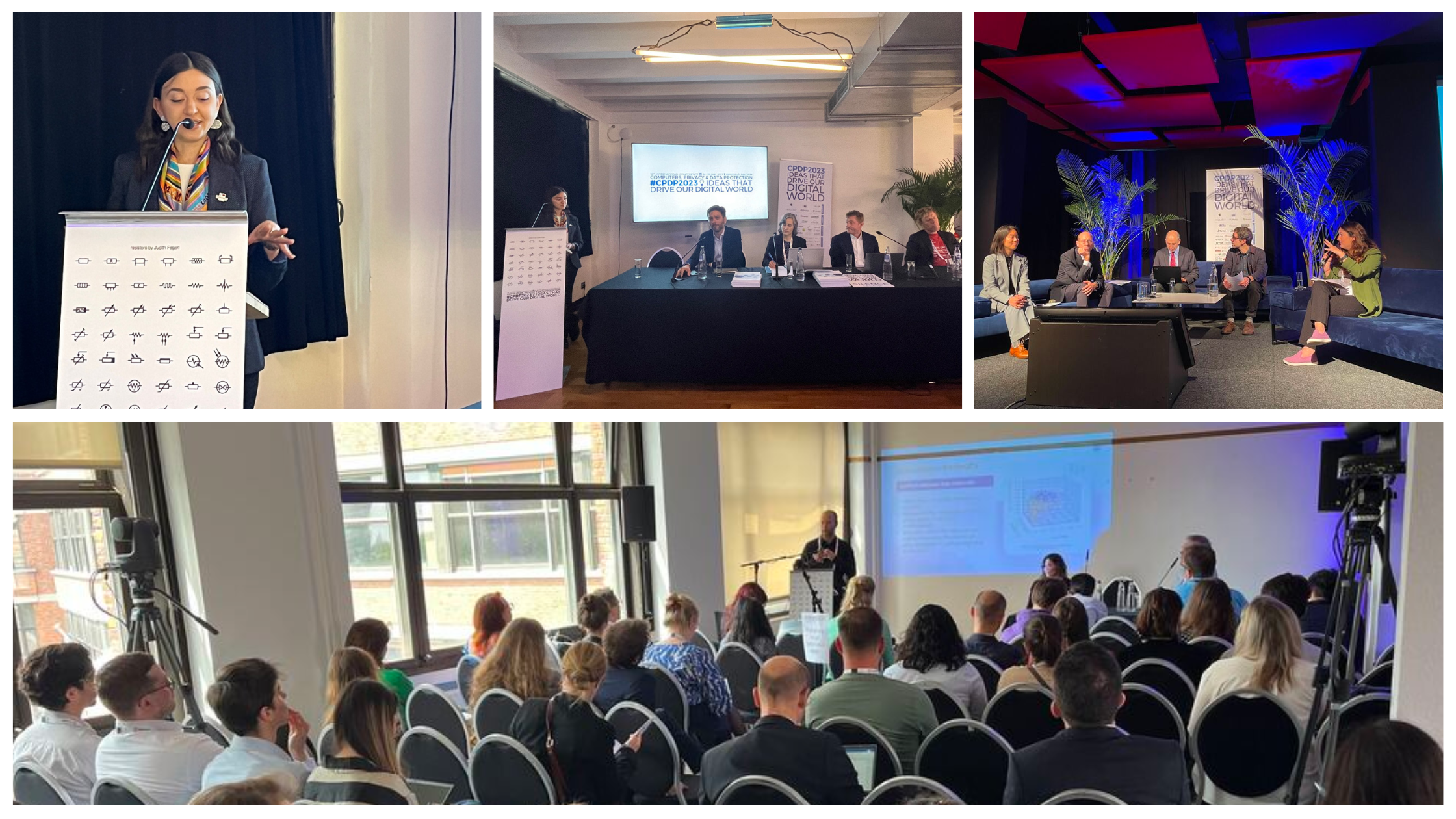
How Data Protection Authorities are De Facto Regulating Generative AI
The Istanbul Bar Association IT Law Commission published Dr. Gabriela Zanfir-Fortuna’s article, “How Data Protection Authorities are De Facto Regulating Generative AI,” in their August monthly AI Working Group Bulletin, “Law in the Age of Artificial Intelligence” (Yapay Zekâ Çağinda Hukuk). Generative AI took the world by storm in the past year, with services like […]

FPF Submits Comments to the FTC on the Application for a New Parental Consent Method
Today, the Future of Privacy Forum (FPF) submitted comments to the Federal Trade Commission (FTC) regarding the use of “Privacy-Protective Facial Age Estimation” as a potential mechanism for verifiable parental consent (VPC) under the Children’s Online Privacy Protection Act (COPPA) Rule. FPF observes: In June, FPF published The State of Play: Is Verifiable Parental Consent […]

Become a Member
Collaborate Anticipate Challenges Network FPF’s 220+ member companies include the most respected privacy executives from the leading global companies across a variety of industries and sectors. FPF membership allows you to collaborate with your peers, and leverage our networks and FPF experts to anticipate future challenges in data protection & privacy. Advisory Board Members benefit […]

FPF Releases Generative AI Internal Policy Checklist To Guide Development of Policies to Promote Responsible Employee Use of Generative AI Tools
Today, the Future of Privacy Forum (FPF) releases the Generative AI for Organizational Use: Internal Policy Checklist. With the proliferation of employee use of generative AI tools, this checklist provides organizations with a powerful tool to help revise their internal policies and procedures to ensure that employees are using generative AI in a way that […]

The First Japan Privacy Symposium: G7 DPAs discussed their approach to reign in AI, and other regulatory priorities
The Future of Privacy Forum and S&K Brussels hosted the first Japan Privacy Symposium in Tokyo, on June 22, 2023, following the G7 Data Protection and Privacy Commissioners roundtable. The Symposium brought global thought leadership on the interaction of data protection and privacy law with AI, as well as insights into the current regulatory priorities […]

Nigeria’s New Data Protection Act, Explained
On June 12, 2023, the President of Nigeria signed the Data Protection Bill into law following a successful third reading at the Senate and the House of Representatives. The Data Protection Act, 2023 (the Act) has had executive and legislative support and marks an important milestone in Nigeria’s nearly two-decade journey towards a comprehensive data […]

FPF Releases Report on Verifiable Parental Consent
Today, FPF released a new report on the effectiveness of a key federal children’s privacy requirement known as verifiable parental consent (VPC). The Children’s Online Privacy and Protection Act (COPPA) requires operators of child-directed services to provide parents with detailed, direct notice and obtain parents’ affirmative express consent – verifiable parental consent – before collecting […]

FPF at CPDP 2023: Covering Hot Topics, from Data Protection by Design and by Default, to International Data Transfers and Machine Learning
At this year’s annual Computers, Privacy and Data Protection (CPDP) conference in Brussels, several Future of Privacy Forum (FPF) staff took part in different panels, organized by FPF, as well as academic, industry, and civil society groups. This blogpost provides a brief overview of these exciting events, and CPDP will publish recordings of them shortly. […]

Connecticut Shows You Can Have It All
On June 3rd, Connecticut Senate Bill 3 (SB 3), an “Act Concerning Online Privacy, Data and Safety Protections,” cleared the state legislature following unanimous votes in the House and Senate. If enacted by Governor Lamont, SB 3 will amend the Connecticut Data Privacy Act (CTDPA) to create new rights and protections for consumer health data […]

AI Verify: Singapore’s AI Governance Testing Initiative Explained
In recent months, global interest in AI governance and regulation has expanded dramatically. Many identify a need for new governance and regulatory structures in response to the impressive capabilities of generative AI systems, such as OpenAI’s ChatGPT and DALL-E, Google’s Bard, Stable Diffusion, and more. While much of this attention focuses on the upcoming EU […]
